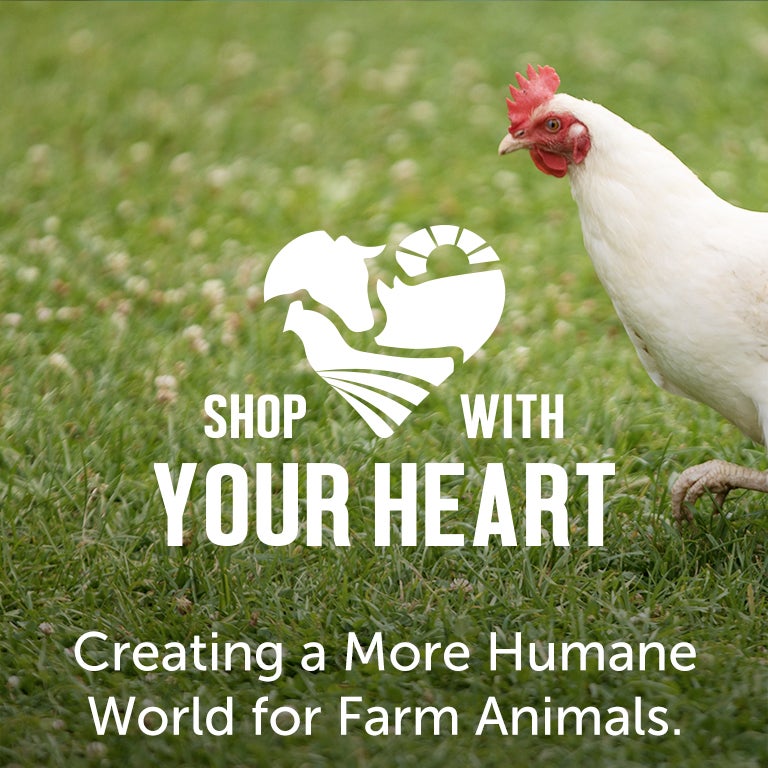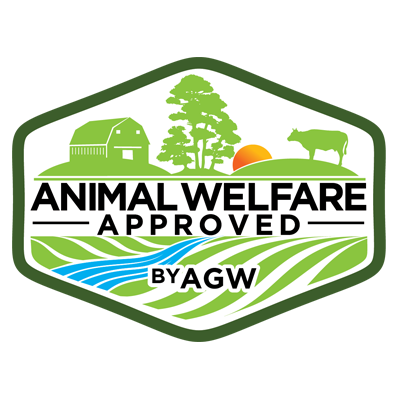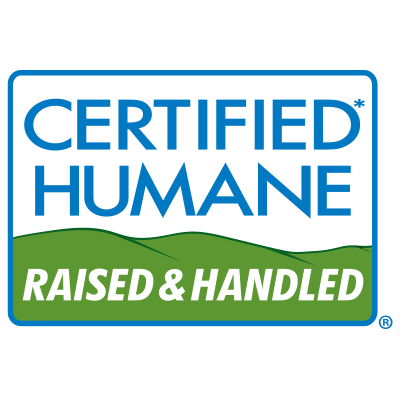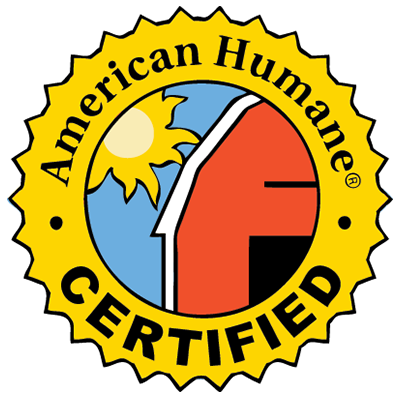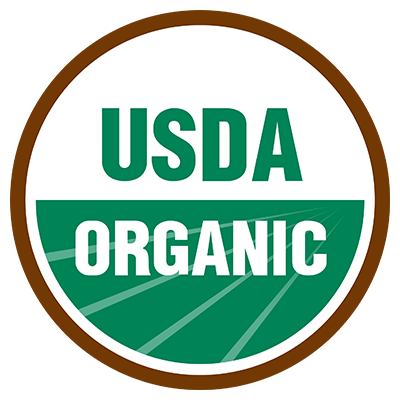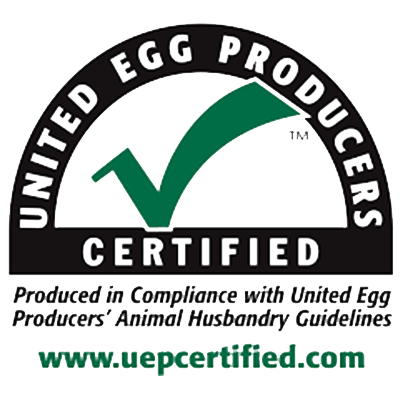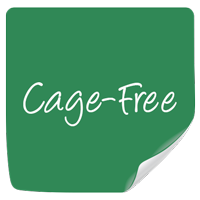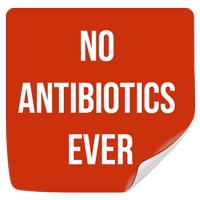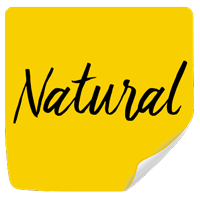When it comes to ensuring better lives for laying hens, don’t be duped by meaningless labels. Look for ASPCA recommended labels Animal Welfare Approved, Certified Humane, and Global Animal Partnership (Step 2 or higher), and then sign up to join the Shop With Your Heart movement for the latest info on finding these products and making welfare-conscious choices when you shop.
| Animal welfare certifications | Other independent certifications | Industry certification | Other claims | |||||||
|---|---|---|---|---|---|---|---|---|---|---|
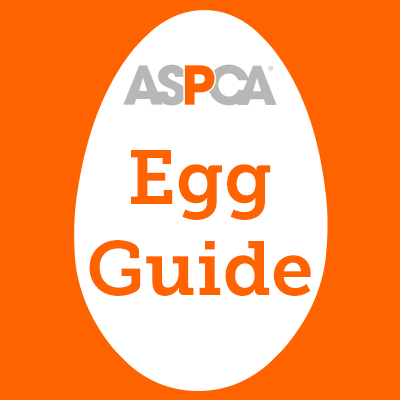
|
|
|
|
|
|
|
|
|
|
|
|
Meaningful On-Farm Welfare Standards |
Yes |
Yes |
Yes |
No |
No |
No |
No |
No |
No |
No |
|
Cages Prohibited |
Yes |
Yes |
Yes |
No |
No |
No |
Yes |
Yes |
No |
No |
|
Adequate Indoor Space Minimums |
1.8 ft 2 per bird |
1.5 ft 2 per bird |
1.5 ft 2 per bird |
0.8 ft 2 – 1.5 ft 2 per bird depending on type of system |
No |
0.47 ft 2 – 0.6 ft 2 per bird |
No |
No |
No |
No |
|
Environmental Enrichments Required |
Yes, outdoor enrichments on pasture |
Yes, must have sufficient substrate/ litter to dust bathe and forage freely |
Step 1: No Step 2: Yes, ≥ 1 type of indoor enrichment required for every 1000 hens Step 3: Yes, ≥ 2 types of indoor enrichment required for every 750 hens Step 4: Yes, ≥ 2 types of indoor enrichment required for every 500 hens Step 5-5+: Yes, outdoor enrichments on pasture |
Not required in caged or cage-free standards Required in free-range and pasture standards |
No |
No |
No |
No |
No |
No |
|
Outdoor Access Required |
Yes, “continuous daytime ranging and foraging area access” |
Only if free-range** |
Step 1-2: No Step 3-4: Yes, access to pasture at least 4 hrs/day Step 5-5+: Yes, continuous pasture access |
Only if free-range** |
Claims to require outdoor access, but space, duration and quality not defined and widely variable. (For example, screened-in porches on hard flooring are allowed for egg-laying hens.) |
No |
No |
Yes, but undefined |
No |
No |
|
Perches Required |
Yes |
Yes |
Yes |
Yes, but an inadequate amount |
No |
No |
No |
No |
No |
No |
|
Nest Boxes Required |
Yes |
Yes |
Yes |
Yes |
No |
No |
No |
No |
No |
No |
|
Natural Light Required |
Yes |
No |
Step 4 and above |
No |
No |
No |
No |
No |
No |
No |
|
Forced Molting Prohibited |
Yes |
Yes |
Yes |
No |
No |
No |
No |
No |
No |
No |
|
Routine Antibiotic Use Prohibited |
Yes |
Yes |
Yes |
No, allows nontherapeutic use of ionophores |
Yes |
No |
No |
No |
Yes |
No |
|
On-Farm Audits of Every Facility |
Yes |
Generally yes, but not required for all farms in producer groups |
Yes |
Yes |
Yes |
No, only the initial audit covers the entire farm. After the initial audit, only 50% of the farm is audited. |
No |
No |
No |
No |
|
Timing of Audits |
Once every year |
Once every year |
Once every 15 months (in order to see a farm in each season) |
Once every year |
Once every year |
Once every year |
Not applicable |
Not applicable |
Not applicable |
Not applicable |
|
100% Compliance with Standards |
Yes |
Yes |
Yes |
No* |
Yes |
No (Requires 180 out of 200 points, or 90% compliance) |
Not applicable |
Not applicable |
Not applicable |
Not applicable |
† Although the USDA Organic program released new, stronger animal welfare standards in January 2017, it delayed their implementation for months. Finally, in December 2017, the USDA announced its intention to withdraw these new standards completely. We are monitoring developments and will keep you updated; be sure to join the ASPCA Advocacy Brigade for alerts if you haven’t already.
* American Humane Certified standards only require that producers meet 85% of the provided standards. Accordingly, it is possible that a producer might not meet certain requirements (including antibiotic or hormone use) and still receive the American Humane Certified certification.
** Certified Humane and American Humane Certified only require outdoor access under their free-range and/or pasture programs. Therefore, only eggs that have both the certification and a free-range and/or pasture label come from hens with outdoor access.
